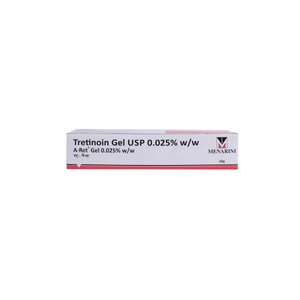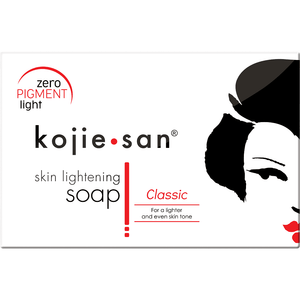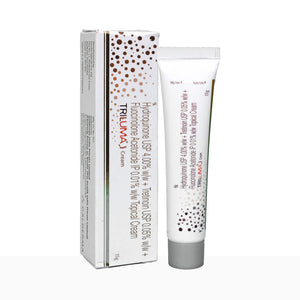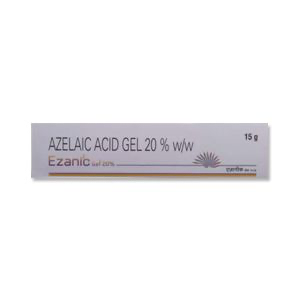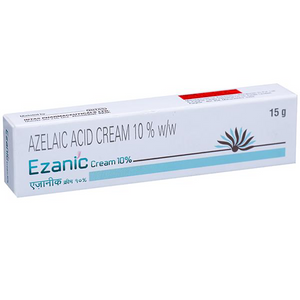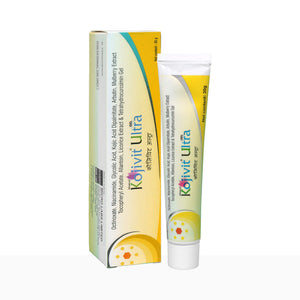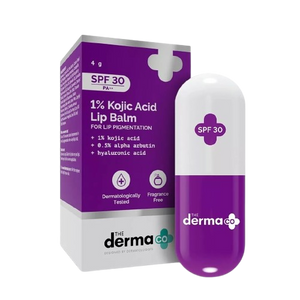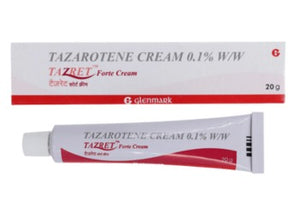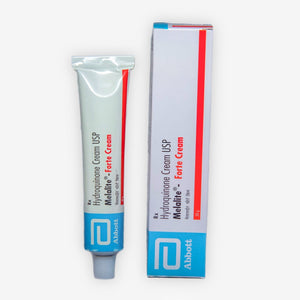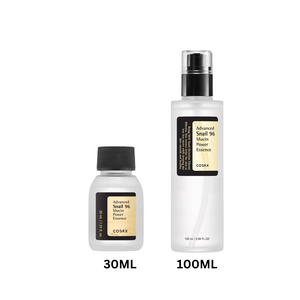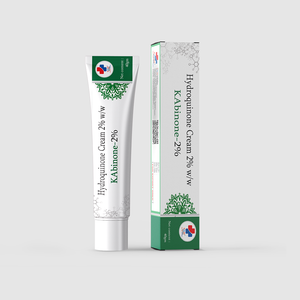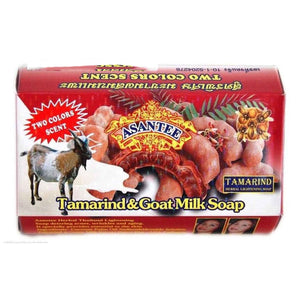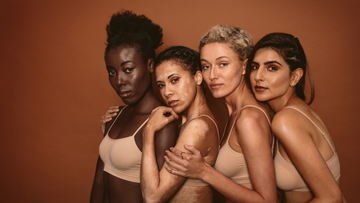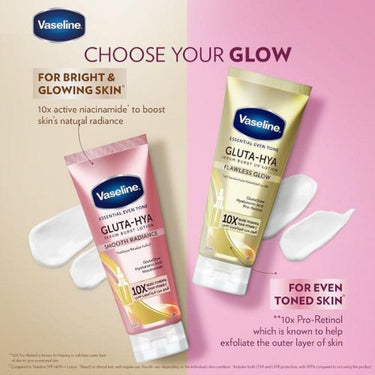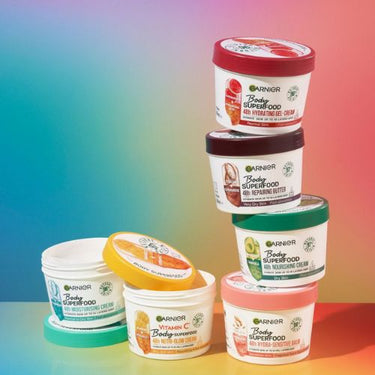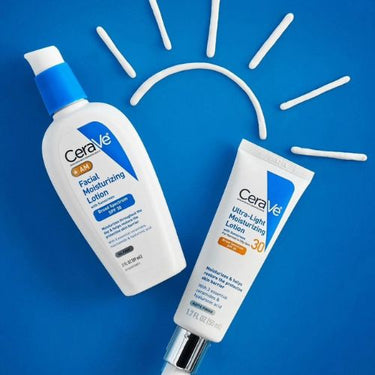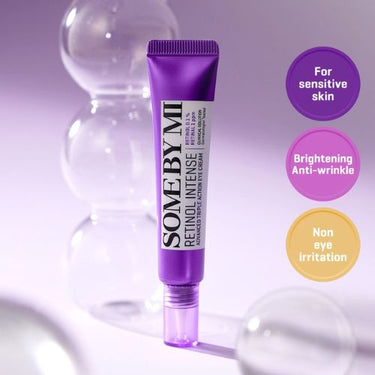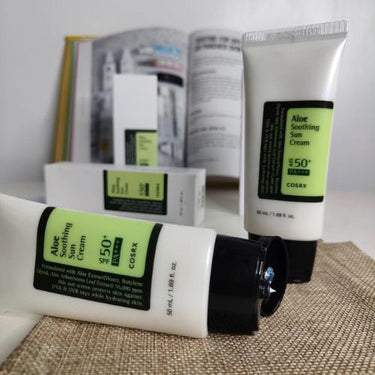Over-Exfoliating
- Over-exfoliating is a skincare mistake that occurs when you use exfoliating products or techniques too frequently or aggressively.
- Exfoliation is the process of removing dead skin cells from the surface
- of your skin to reveal newer, healthier skin underneath.
- While exfoliation is beneficial for maintaining smooth and radiant skin,
- overdoing it can lead to a range of skin issues and damage.
What happens when you over-exfoliate:Over-exfoliation can strip away the skin's natural oils, leading to dryness and dehydration.
Your skin may feel tight, flaky, and rough.
Dryness and Dehydration:Paradoxically, over-exfoliation can trigger acne breakouts. When the skin's
protective barrier is compromised, it can't defend against bacteria and
environmental factors effectively, potentially leading to pimples and
blemishes.
Breakouts and Acne:Over-exfoliated skin becomes more sensitive and prone to irritation. It may turn red, become inflamed, or feel uncomfortable.
Increased Sensitivity:Harsh exfoliation, especially with physical scrubs or abrasive tools, can create microtears in the skin's surface. This can lead to long-term damage and premature aging.
Microtears and Damage:Over-exfoliated skin is more susceptible to sun damage. Exfoliating removes
the protective layer of dead skin cells, making your skin more vulnerable to UV radiation.
Sun Sensitivity:If you have conditions like eczema, rosacea, or psoriasis, over- exfoliating can worsen these conditions by irritating the skin further.
Exacerbation of Skin Conditions:To avoid over-exfoliation, it's essential to follow a balanced skincare routine
tailored to your skin type.
Limit exfoliation to 1-3 times per week, depending on your skin's needs, and choose exfoliants (chemical or physical) with the appropriate strength and ingredients. If you suspect you've over-exfoliated, stop all exfoliation and focus on gentle, hydrating products until your skin recovers. Consulting a dermatologist can be helpful if you're unsure how to treat over-exfoliated skin or if you experience persistent issues.
Popping, Picking and Rubbing
- Popping, Picking, and Rubbing" are common but detrimental habits
- when it comes to skincare and dealing with skin issues. Here's a
- description of each of these actions and why they can be harmful to
- your skin:
- Popping refers to the act of squeezing or manually extracting pimples,
- blackheads, or whiteheads from the skin.
- While it may provide temporary satisfaction by removing the visible blemish, it
- can push bacteria and debris deeper into the skin, leading to infection and
- inflammation.
- Popping can also cause trauma to the surrounding skin, leading to scarring and
- hyperpigmentation.
- It's best to resist the urge to pop and let blemishes heal naturally or seek
- professional extraction from a dermatologist or esthetician.
Popping:
- Picking is a behavior where individuals use their nails or other sharp objects
- to scratch, dig, or remove imperfections or irregularities on the skin.
- Picking can result in damage to the skin's protective barrier, causing open
- wounds and increasing the risk of infection.
- It can also exacerbate conditions like acne, making breakouts worse and
- leaving behind scars or dark spots.
- Picking can become a compulsive behavior for some individuals and may
- require intervention to break the habit.
Picking:
- Rubbing involves excessive friction or rubbing of the skin, either
- with hands or abrasive materials.
- Excessive rubbing can damage the skin's surface, leading to
- irritation, redness, and sensitivity.
- It can worsen conditions like rosacea or eczema and exacerbate
- the signs of aging by breaking down collagen and elastin fibers.
- Rubbing can also disrupt the skin's natural moisture barrier,
- leading to dryness and dehydration.
Rubbing:To maintain healthy and clear skin, it's essential to avoid these habits and adopt a more gentle
and mindful approach to skincare:
- Instead of popping, use over-the-counter or prescription treatments for acne and consult a
dermatologist for professional extractions when necessary.
- To prevent picking, keep your nails short and occupy your hands with other activities to distract from the urge to pick.
- When applying skincare products or cleansing, be gentle and use patting or light stroking motions instead of rubbing vigorously.
- If you struggle with compulsive picking or rubbing, consider seeking help from a therapist or counselor who specializes in dermatillomania (skin picking disorder) or related conditions.
Not Protecting Your SkinTrue story on the effect of sun on these identical twins: both are aged 61, but Susan on the right smokes and likes to spend as much time in the sun as possible (and as she lives in Florida, so that’s almost all the time!). Her sister, Jeanne (left), spends as little time in the sun as possible, and just look how much younger she looks – she has no dark spots, no deep wrinkles, and her skin is much plumper.
This is because the sun destroys collagen, which causes skin sagging and wrinkles, and UV rays trigger melanin (pigment) production, aka dark spots. Not to mention that sunblock also helps to protect your skin from cancer- causing UV rays.
Use Sunscreen: Apply broad-spectrum sunscreen with at least SPF 30 daily, even on cloudy days.
Reapply every two hours when outdoors, and wear protective clothing and sunglasses.
Stay Hydrated: Drink plenty of water to maintain skin hydration from within.
Create a Skincare Routine: Establish a consistent skincare routine that includes cleansing, moisturizing, and other targeted treatments suitable for your skin type and concerns.
Practice a Healthy Lifestyle: Maintain a balanced diet, avoid smoking, limit alcohol consumption, get enough sleep, and manage stress.
See a Dermatologist: Schedule regular check-ups with a dermatologist to address any skin concerns or potential issues promptly.
To protect your skin effectively:
- Forgetting About Your Neck and Eyes
- Forgetting About Your Neck and Eyes" is a common skincare oversight where individuals focus their
- skincare routines solely on their facial skin, neglecting the delicate skin around the neck and eyes.
- Here's a description of why this is a mistake and why it's important to
- pay attention to these areas:
- The skin on the neck is thinner and more delicate than that on the face. It lacks the sebaceous
- glands found on the face, making it more prone to dryness and wrinkles.
- Neglecting the neck can lead to premature aging signs such as sagging, fine lines, and creases.
- Over time, the contrast between well-cared-for facial skin and neglected neck skin can become evident, making it essential to extend your skincare routine to the neck.
The Neck:The skin around the eyes is among the thinnest and most sensitive on the body. It's prone to puffiness, dark circles, and the development of crow's feet.
The eyes are one of the first areas to show signs of aging, stress, and fatigue.
Ignoring eye care can result in the early onset of fine lines, wrinkles, and a tired, aged appearance.
The Eyes:Consistency: Including the neck and eye areas in your skincare routine ensures that you maintain a consistent approach to anti-aging and overall skin health.
Comprehensive Care: Tailoring products to address specific neck and eye concerns (such as neck creams or eye creams) helps target issues effectively.
Preventative Measures: By starting early and taking preventative measures, you can slow down the aging process and reduce the severity of age-related skin concerns.
Why It's Important:
- Using the Same Products Forever
- Using the Same Products Forever" in your skincare routine refers to
- the practice of consistently using the exact same skincare products
- without adjusting or updating them over time. Here's a description of
- why this can be problematic and why it's important to consider
- evolving your skincare routine:
- Your skin undergoes natural changes as you age. These changes
- can include shifts in oil production, collagen and elastin
- degradation, and changes in sensitivity.
- Using the same products without considering these changes may
- not address your skin's evolving needs effectively.
- Skin Changes Over Time:
Over time, your skin can become accustomed to the same products, causing them to become less effective.
- What worked well for your skin in your twenties may not be
- suitable for your forties or beyond.
- Diminished Effectiveness:
As you age, your skincare concerns may change. You might start to focus on issues like fine lines, wrinkles, age spots, or loss of elasticity.
- Using products designed to address these concerns can help maintain a youthful appearance.
Evolving Concerns:Skincare products have expiration dates. Using expired products
can be ineffective or, in some cases, harmful to your skin.
Product Expiration:As you gain more knowledge about skincare and your own skin, you
may discover products that are better suited to your unique needs
and preferences.
Personal Growth:Your skin's needs can vary depending on the season and your
environment. For example, you may require richer moisturizers in
winter and lighter ones in summer.
Neglecting to adjust your products seasonally can lead to skin issues like dryness or oiliness.
Seasonal and Environmental Considerations:Optimal Results: Tailoring your skincare routine to your current skin condition and concerns ensures you achieve the best possible results.
Prevention: Adapting your skincare routine can help prevent and address age-related concerns before they become more pronounced.
Improved Product Selection: Discovering new products can help you choose those that are better suited to your skin type and goals.
Consistency: A flexible skincare routine that adapts to your changing needs encourages consistency and self-care.
Long-Term Skin Health: Evolving your skincare routine helps support the long-term health and appearance of your skin.
Why It's Important to Update Your Skincare Routine:
